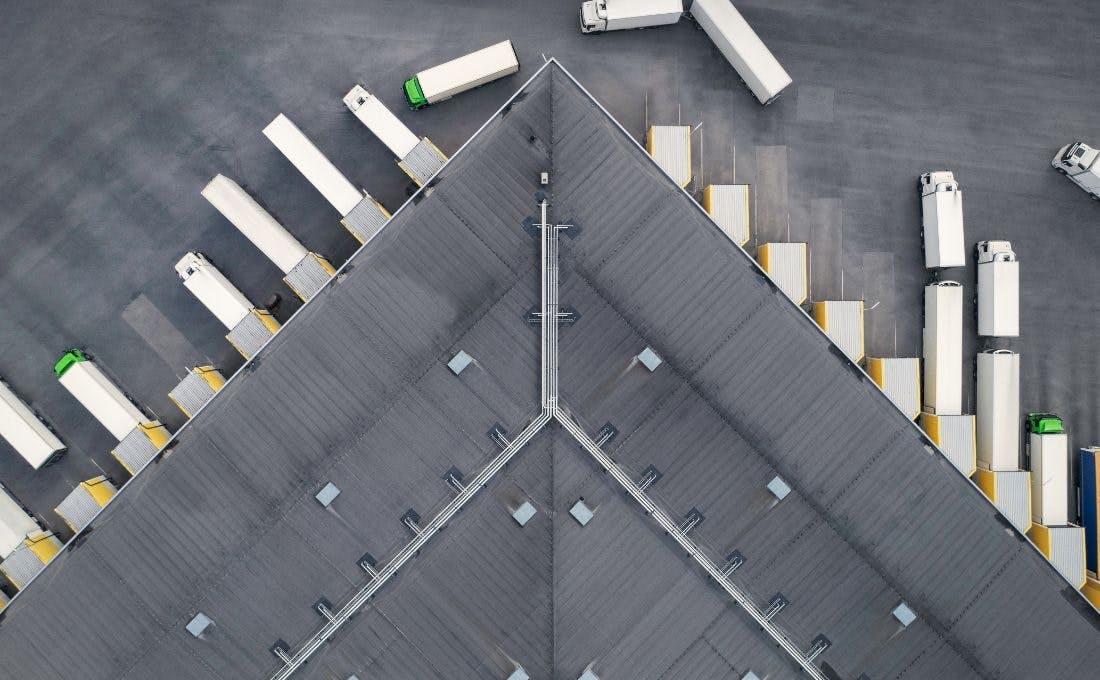Distribution Management: How to Optimize Your Strategy
In an era of digital dynamism and evolving consumer tastes, keeping pace with market trends and customer demands is an ever-growing challenge for the retail industry. The key to survival? Mastering the art of distribution management.
Navigating through the labyrinth of supply chains, dealing with the intricacies of transportation and ensuring goods reach their intended locations on time are business administration tasks that demand more than just logistical acumen. They call for a robust, data-backed approach shifting gears from reactive operations to proactive strategic planning. And this approach, in essence, is what distribution management is all about.
Now, let’s delve deeper into this concept, taking the pulse of its workings, examining its impact and unpacking the ways it can optimize the retail and wholesale industry, particularly within transportation.
Want to deepen your understanding of advanced store delivery logistics? Explore our E-Guide "5 Steps to Transform Store Delivery with Advanced Planning Solutions", and achieve higher service, smarter routing, and stronger store replenishment—without raising costs
